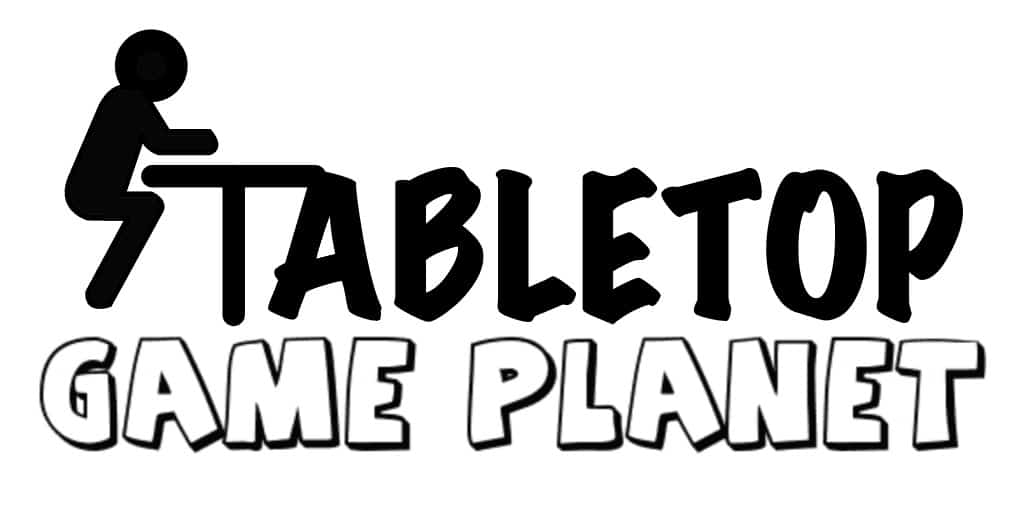Players looking to improve their Scrabble skills often overlook one of the most tactical moves in the game, forfeiting a turn to improve their rack.
Exchanging tiles means forgoing a turn many people are afraid to apply, especially beginner players. However, exchanging tiles may be the best option to take at a given point in the game.
Can you exchange tiles in scrabble? Yes, according to the rulebook it’s legal for a player to exchange some of their letter tiles to improve their rack in Scrabble. By doing so, they score zero in that turn, and they forfeit their turn to the next player after the exchange.
In addition, players are only allowed to exchange tiles from the bag if there are at least seven letters left.
Many inexperienced players may be afraid to make such a move because they fear scoring zero, and casual players may not even be aware that an exchange can happen.
For instance, imagine a player’s rack with letters AEFFIIOO in a given turn, and there aren’t many words that a player can form with such letters, and the experienced player might go for short words like “if” or “foe,” which earns only 10 to 12 points.
On the other hand, an expert player, rather in such a situation, will opt to forgo that turn and exchange one or two of the vowels to have a playable rack.
When drawing the tiles for exchange, a player cannot look at the pool, but there is a good chance of getting far better tiles.
Sometimes scrabble game is not all about forming words. A good player should think about the current situation of the game and the future of their rack.
Many players may fear losing points and risk for a possibility, but it’s worth it in the end. Swapping tiles does not guarantee the shaping of the rack, but it gives a player a chance to get rid of their worse tile in exchange for a bit of luck in the process.
Again, trading tiles is not something a player does every time, but it can be a valuable tool that you should not be afraid to use if the need arises. Answered below are frequently asked questions about exchanging tiles in Scrabble and why the strategy may be useful for you.
When should you exchange tiles in Scrabble?
A player can only exchange tiles with new ones from the bag if it’s during their turn, and at least seven tiles are remaining in the bag.
If it’s towards the end of the game and less than six tiles remain in the bag, then the player can only pass the turn to the next player if they cannot form a word.
If they can form a word in such a case, then passing will have no value to that particular player because it’s better to form a short ward and get any number of remaining tiles for the upcoming rounds.
How many times can you swap tiles in Scrabble?
A player can swap as many times as they like, provided they skip their turn to do so. During each turn, the player can exchange between one and seven tiles provided they don’t form a word during that turn.
Again, a player can only exchange tiles if at least seven tiles remain in the bag.
If only six or less tiles remain, then a player cannot swap their tiles for new ones. If a player invokes this rule, they lose the ability to place their tiles on the board to form a word.
When making the swap, decide which tiles to exchange, remove them from the rack, and place them in a facedown position on the table. Then, draw from the bag and add the swapped tiles back to the bag.
Rules for swapping tiles in Scrabble
- When a player swaps their tile during their turn, they score zero for that turn.
- Players are only allowed to swap tiles if a minimum of seven tiles remain in the bag. If only six or fewer tiles are in the bag, an exchange will hinder the player from placing any of their tiles on the board.
- A player can exchange between one to seven tiles per turn, provided enough tiles remain in the bag.
- A player cannot play a word if they decide to trade tiles during the turn.

Swapping Tiles in Scrabble: Conclusion
Although exchanging tiles earns a player zero points during that turn, swapping tiles assists a player in getting rid of unplayable tiles to be more useful in subsequent turns. A good scrabble player does not only focus on the current turn, but should also focuses on future of their rack.
Inexperienced players may opt-out of exchanging tiles for fear they will lose out on opportunity for points, but it is actually allowed according to the rulebook. However, a player can only swap tiles if more than seven tiles remain inside the bag.
When the game is about to end, a player cannot swap because fewer tiles are inside the bag, and so the only option left for such a player is to pass the turn to the next player. If a player is in a position to play a word in the end of the game, they should go ahead and form it regardless of the points rather than pass the turn for nothing to the next player.
The primary rule for swapping tiles is “swap when the need arises,” not all the time. Exchanging for new tiles is recommendable only when a chance is there to make the rack better for high-scoring points.
Trading tiles may be worth zero points on the current turn, but it can be valuable in subsequent turns. Again, the exchange should be done when it’s legally applicable, and is not a consideration for every turn throughout the game.
